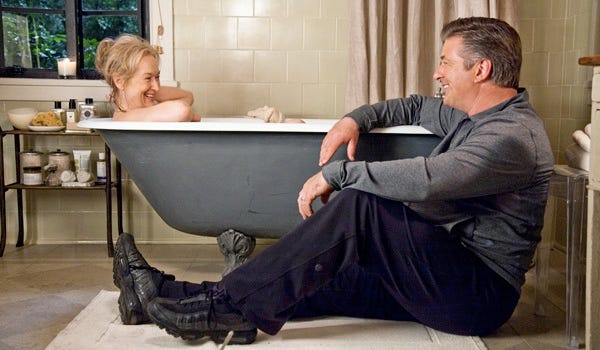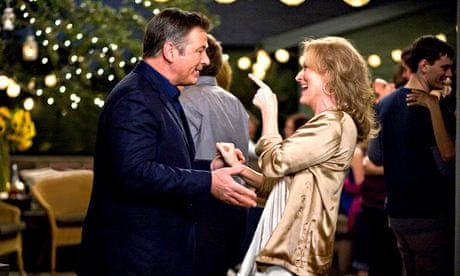Wouldn’t life be great if there was just one way of doing things? If there was a simple instruction manual with a list of rights and wrongs and do’s and don’ts. One of the great appeals of any religion, for example, is that it’s delightfully instructional. It takes the complexity out of thinking for ourselves. Please God, don’t make me think.
Speaking with a dear friend this week, we got onto the subject of relationships. “I just always want to know whose fault it was”, he said. “Did I f**k up or did she?”. It echoed a sentiment that a female client had shared with me after her recent divorce. When asked why this was important, both said something along the lines of wanting to know if they should be angry ..or sorry.
But why can we not make space for both?
Many an argument in relationships has gone on longer than it should due to the quest for ‘justice’ - in other words, proving who’s right and who’s wrong. So much time and love is wasted on hammering home a viewpoint that the other doesn’t share in the hope that they’ll finally see the light. Yet darkness persists.
Humans are complicated. Perceptions are varied. In fact, we almost certainly all experience the exact same events differently due to the meaning we attribute to them. After all, we are all making sense of things based on previous experiences, understandings (or misunderstandings), cultural or societal prejudice or expectation, and the odd trauma thrown in here and there.
An example that immediately comes to mind is a man I knew who’d become extremely offended if another man put his hand on his shoulder. This man had been bullied and humiliated by men since being a young child. Therefore, what is widely seen in the UK as a friendly gesture of camaraderie was felt by this individual as an Alpha male asserting dominance - which in his experience meant cruelty would follow. He would become extremely aggressive out of fear and defence, desperate not to become a victim again. Now, you might feel he’s wrong to think that. But he’s operating with the ‘right’ response to his previous (and perceived present) reality of that situation. What exists in that case, is two individuals engaging in two wildly experiences of the same interaction.
But isn’t that relationships in general? The example I gave was extreme and clearly detectable from a volatile response. But how many micro-instances of different realities play out all the time amongst couples? And how many go unexamined or unexplained, compounding our internal narratives?
Rather than fixate on who is right and who is wrong, we would be better served and soothed by acknowledging that we’re both right and wrong, depending on the perspective. Progress comes from learning about each other as we seek to understand (not undermine) those perspectives. If we want meaningful connections in relationships, we have a duty of care to understand what exactly our narrative is, whilst also being open and curious to what someone else’s might be.
I remember an instance where I was having dinner with a friend and took the opportunity to pay the bill when he’d gone to the bathroom. I’d had such a great time that I wanted to demonstrate that I was there for him rather than the free dinner (as he usually insists on paying). He was furious and utterly insulted. He felt I’d exposed him to the waiter as not being ‘man enough’ to pay for a female companion, and that I was trying to assert female independence in a way that was disrespectful to his role as the man. I was completely baffled and hurt by this - as was he.
Let’s be honest, when we look at the sheer volume of humans that continue to populate this world, and the individuality of everyone’s unique life experience, it’s quite mad to assume we’d automatically think the same way. There isn’t a right way of doing things - nor a right way of being. There’s a spectrum of experience, and a spectrum of perspectives that result from experience. If we can choose curiosity over fear and judgement, we can start to learn what the other person sees, thinks and feels so we all get closer - and smarter!
Reflection
One of my favourite reflections to do when I feel frustrated by an interaction is look at the situation through four separate lenses - fear, judgement, curiosity, love.
What do I see when I look at this through a lens of fear?
What do I see when I look at this through a lens of judgement?
What do I see when I look at this through a lens of curiosity?
What do I see when I look at this through a lens of love?
Use a personal example and explore how the wider perspective might expand? It can be a helpful indicator of what lens we most often default to.






